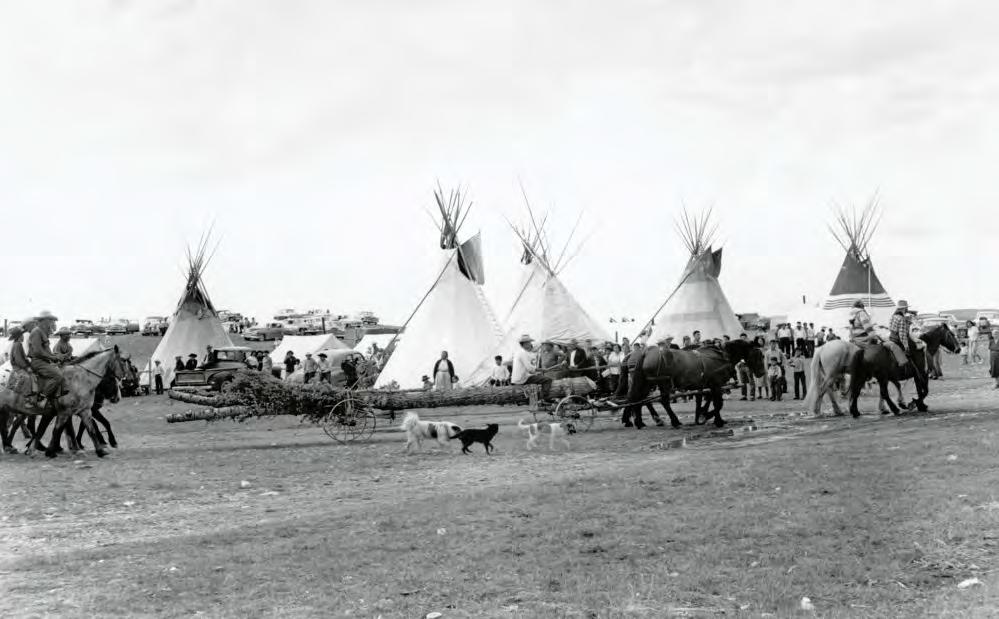
1 minute read
PIIKANI HEALTH AND WELL BEING CONTINUED...
This work will require a longitudinal, collaborative effort. A brief testimony from a life saved in only the first traditional wellness camp testifies to the power of this work:
“I was 15 and was really sad about having no hope or future here at home, it was a really hopeless feeling and lasted a long time. I had a plan in place to kill myself. I had given my favorite things away to friends and family. My friends showed my texts to my mom and she brought me to the traditional camp out of town. I got to learn so much about our true history and how strong the people that I come from were and are. I got to learn about our traditional foods and medicines and how we valued and supported each other. I got to learn about our smudges and what they are used for and got my Blackfeet name, a gift I never expected in my whole life. This all happened only over a couple of days but changed my life forever and now I understand who I am and how I fit into this world. I will never ever consider taking my life again. I am valuable to my people, I am precious to Creator, and I am graduating high school in two days!"
Advertisement
PLHI has worked in collaboration with the Blackfeet Tribe and Montana State University (MSU) Extension to extend the reach of these projects focused on reducing substance use and abuse and suicidal ideation/completion in Piikani youth and young adults and has taught opioid education and reduction programming throughout Montana High Schools serving predominantly Native youth or middle and high schools within all Montana Tribal Nations, while their partners (MSU Extension) serve all other rural Montana communities. In addition, PLHI/MSU Extension have provided six large, statewide two-day, opioid technical assistance trainings over the past three years.
These programs help practitioners statewide better understand the situations facing youth and young adults as related to substance misuse and access, and provides a structure to deliver comprehensive traditional and ‘Western’ education, technical assistance, and outreach to reduce opioid and stimulant misuse and improve mental health outcomes.










